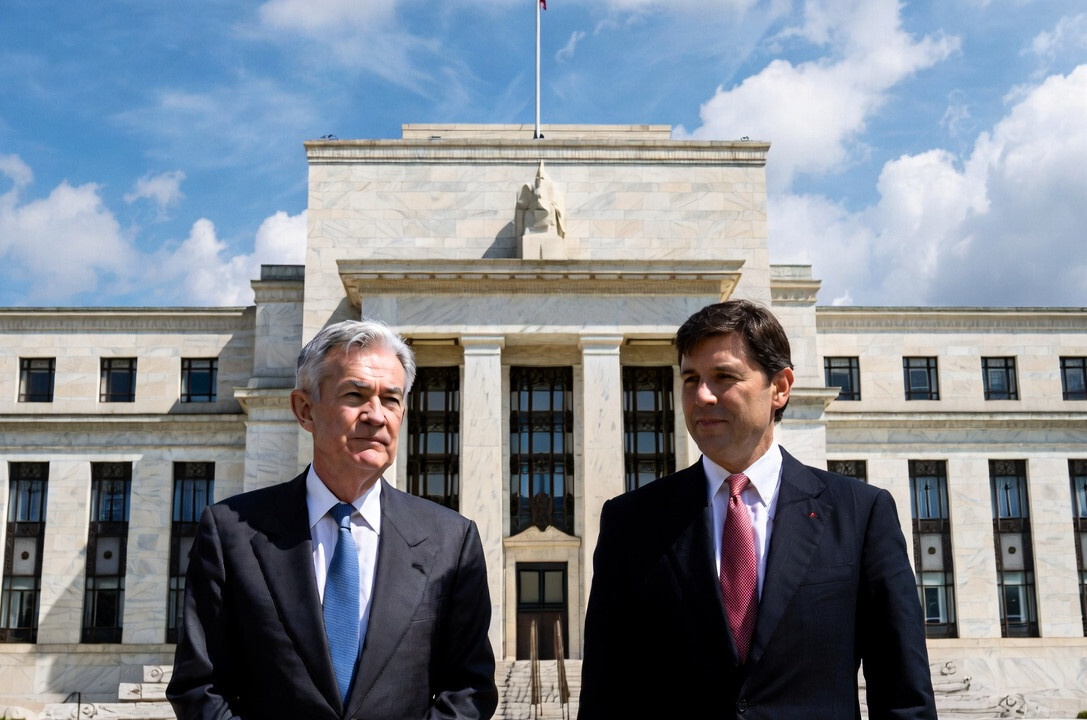Ogni tre mesi il Centre for Policy Studies pubblica un post del Centro Einaudi curato da Agenda Liberale sulla situazione politica italiana.
In 1975, Milton Friedman memorably explained that “There's No Such Thing as a Free Lunch”. Apparently, however, dieting comes at a cost as well. Witness Greeks, Spaniards and – to a lesser extent – Italians, all of whom are experiencing the bitter medicine of spending cuts plus tax hikes and a bout of recession.
August threatens to be hot, not only because of the weather. In Italy, while people are packing for their summer holidays (at least those who can afford it, it should be added), the government is bracing against financial markets and – lo! – its own parliamentary majority. Following the agenda more or less prescribed by the EU Commission last year, the Italian parliament passed in December 2011 a decisive pension reform; later, last spring, it approved two somewhat diluted bills on privatizations and liberalizations and on labor market rules. In the meantime, in May, local elections were held, involving around one fourth of the Italian voters. The results highlighted what opinion polls have shown consistently in the last few months: reform fatigue is setting in, which produced a lower turnout and a willingness to favor protest parties – notably, the Movimento 5 Stelle, led by a former entertainer, the populist Mr. Beppe Grillo, who vociferously attacks the politicians as members of a closed “caste” and advocates exit from the Euro as a solution to every Italian problem.
The next step in the parliamentary schedule is a bill cleverly labeled as “Spending Review”: in fact, a slashing of public expenditure on almost everything, from town councils to the national health system, to the military to the numbers (and pay) of civil servants, necessary in order to avoid a further VAT hike, otherwise to be enacted in October 2012. Painstakingly, the Italian government is doing its homework. Not surprisingly, the parliament and the political parties are increasingly reluctant to approve of it. In fact, the economy is in recession (-2% is the consensus forecast for 2012), Italian families are cutting back their expenses and consumption (-24% year on year the car market in June), while unemployment, particularly among under thirties and in southern Italy, is on the rise.
Given this state of affairs, and the general elections just a few months away, the temperature of Italian political life has suddenly spiked. At the moment, there is no viable alternative to Mr. Monti’s government; and even in the future, after the elections due next spring (at the latest), there are no visible political alternatives to a coalition between the center-left and the center-right. This may lack in glamour perhaps, but it still looks as the only feasible option if one is to even try steering the country in the stormy years which lie ahead.
Far less clear, however, is how this can be engineered: the first obstacle is the electoral law, designed to produce a bipolar competition, and by the same token encouraging left and right alike to pander to their more radical supporters; the second one is simply the legacy of the last twenty years of ferocious partisan politics. Both sides are currently engaged in an attempt to modify the electoral law, but an agreement has not been reached yet. It must be added that the recent hint (or threat) by Mr. Berlusconi about his possible come back at the next elections is not exactly suited to sooth concerns and appease would-be belligerents.
Quite apart from national disputes, there are the more general worries about the sovereign debt crisis in the Euro zone. Here, however, the point is the weakness of the EU institutional design and not Italian solvency. Italy, after all, has learnt to live with a huge debt, is perfectly able to go to the markets, even with higher yields that the ones paid today, has a huge primary surplus (3% of GDP in 2012), has a texture of medium enterprises that, despite the difficulties, are successful on foreign markets, has got assets and wealth, both private and public, has a fairly sound bank system and no housing bubble. But in August financial markets are thin, and there is a gnawing fear of some unwarranted precipitous crisis that would, in turn, deepen the recession and upset the precarious political equilibrium.
Behind political quarrels and market frenzies, there is however a more fundamental question. What Italians are lacking today is, above all, a sense of purpose and direction: what are sacrifices for, if not for a better future? And what should this future look like? The answer lies partly in the hands of the Italian ruling classes and its political leaders; in part also in the hands of European leadership and its power of vision.
© Riproduzione riservata











